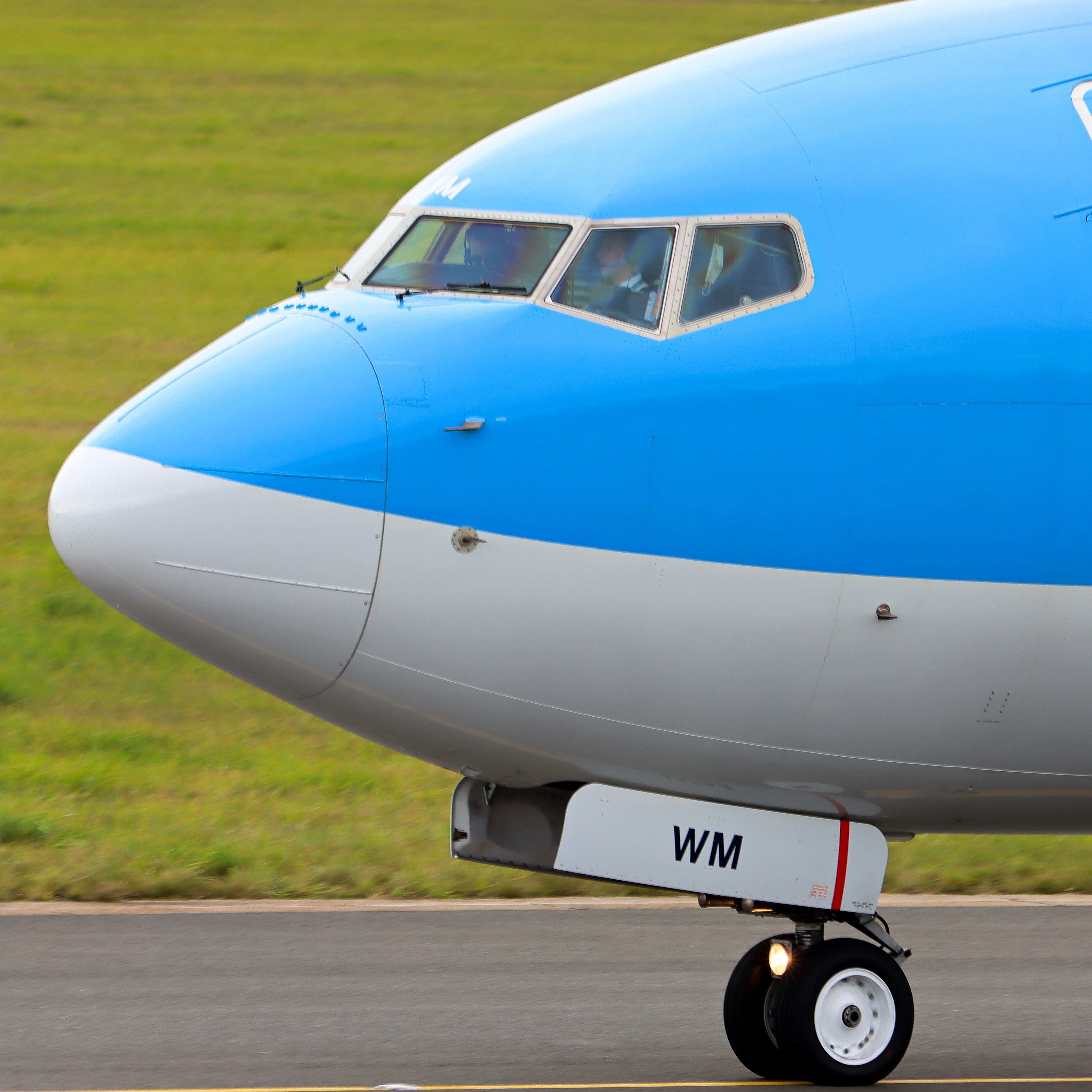The Jet Zero council has met at Farnborough Airport to discuss how the UK government can decarbonize aviation by the year 2050.

Ministers including the Transport Secretary were part of this large event to discuss the path to becoming a more sustainable aviation hub and G7 country by 2050. The group outlined a plan to be able to meet this goal, which is due to last in the short run until 2025 when they are set to meet again and extend the policies.
The plan sets out how Sustainable Aviation Fuels (SAF) will be used throughout the UK's aviation industry. This includes investing in the type of plants that are needed to produce SAF to support scientific research into this to help reduce the cost in the long run.
The Transport Secretary delivered the keynote speech stressing that a partnership between Government, Industry, and Academia is necessary so that all organizations involved can be on the same page with regard to sustainability.

The government response to the report, written by the CEO of Energy Systems Catapult, Phillip New, is in the affirmative that the conditions to meet a successful implementation of SAF are met or are very close to being met within the next two years.
Transport Secretary Mark Harper (Conservative) said:
The government is a determined partner in the UK Aviation industry and it helps to accelerate new technology and evolutions in the industry and will work internationally to ensure that there are no barriers to aviation and the wider industry.
By 2050 the UK government aims to have invested a total of £165 million in SAF and hopes by then to have at least five aviation projects that require SAF to be kickstarted using these funds.
With this, the Government hopes to be at Zero Carbon, with respect to aviation, by the year 2030. However, the main target is to reach this by 2050 allowing them a further 20 years to complete their target.

Green liquid hydrogen fuels which were originally used in a study in 2022, are not as effective as the sustainable fuels that are now being created by several companies across the country.
However, it remains to be seen how much time the sustainable movement in aviation will take, as it may not take as long as anticipated (2050). It is hoped that the movement is completed before then so that the UK can become completely carbon-free by 2050, including the removal of diesel cars from sale in 2040.
Virgin Australia Ends Canberra International Drought with Historic Nonstop Bali Service » American Airlines Announces Return to Venezuela After 7-Year Hiatus as Airspace Reopens » High-Altitude Research Plane Makes Dramatic Belly Landing at Ellington Airport »
Comments (0)
Add Your Comment
SHARE
TAGS
NEWS Decarbonization United Kingdom Aviation Industry Climate Change Emissions Jet ZeroRECENTLY PUBLISHED
 This Week in Aviation: The 10 Stories That Mattered Most
From major airline developments to aircraft updates and industry shifts, this weekly recap highlights the ten most-read aviation stories from the week of January 25.
INFORMATIONAL
READ MORE »
This Week in Aviation: The 10 Stories That Mattered Most
From major airline developments to aircraft updates and industry shifts, this weekly recap highlights the ten most-read aviation stories from the week of January 25.
INFORMATIONAL
READ MORE »
 Probe Into Catastrophic Air India Flight 171 Crash Leans Toward Deliberate Pilot Action Despite New Whistleblower Claims
In a significant and controversial shift for the global aviation community, investigators probing the June 2025 crash of Air India Flight AI171 are now focusing on deliberate pilot intervention as the primary cause of the disaster.
STORIES
READ MORE »
Probe Into Catastrophic Air India Flight 171 Crash Leans Toward Deliberate Pilot Action Despite New Whistleblower Claims
In a significant and controversial shift for the global aviation community, investigators probing the June 2025 crash of Air India Flight AI171 are now focusing on deliberate pilot intervention as the primary cause of the disaster.
STORIES
READ MORE »
 "Cancel Takeoff Clearance" Southwest Pilots Abort High Speed Takeoff to Avoid San Antonio Runway Collision
Federal authorities have launched a high-priority investigation into a "severe" runway incursion at San Antonio International Airport (SAT) that occurred on the afternoon of January 27, 2026. A Southwest Airlines Boeing 737 MAX 8 (B38M) was forced to perform an emergency high-speed rejected takeoff after a private turboprop mistakenly crossed into its path.
STORIES
READ MORE »
"Cancel Takeoff Clearance" Southwest Pilots Abort High Speed Takeoff to Avoid San Antonio Runway Collision
Federal authorities have launched a high-priority investigation into a "severe" runway incursion at San Antonio International Airport (SAT) that occurred on the afternoon of January 27, 2026. A Southwest Airlines Boeing 737 MAX 8 (B38M) was forced to perform an emergency high-speed rejected takeoff after a private turboprop mistakenly crossed into its path.
STORIES
READ MORE »



